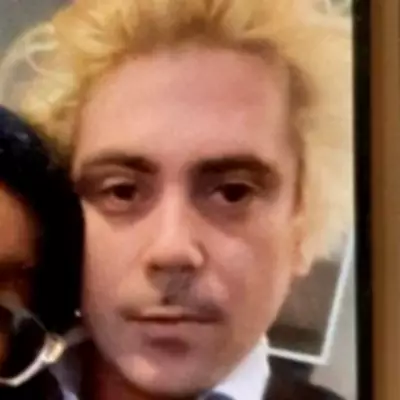
The relentless pursuit of justice for Julie Hogg, a young mother brutally murdered in 1989, is a story that shook the very foundations of British law. It took 18 long years and a landmark legal change to finally see her killer, Billy Dunlop, behind bars for life.
A Mother's Discovery and a Killer's Lies
In November 1989, 22-year-old Julie Hogg vanished after a night out in Billingham, Teesside. After 80 agonising days, her body was discovered by her own mother, Ann Ming, hidden behind bath panels in her own home. Billy Dunlop, a former boyfriend, was immediately the prime suspect.
Dunlop stood trial not once, but twice for Julie's murder. On both occasions, the juries failed to reach a verdict and he was acquitted. He walked free from court, protected by the ancient double jeopardy law which prevented a person from being tried twice for the same crime.
The Chilling Confession That Changed Everything
While serving a seven-year sentence for a separate assault in 1999, Dunlop made a catastrophic error. In a shocking act of bravado, he confessed to Julie's murder to a prison guard, detailing how he had killed her after an argument and callously hid her body.
This confession was the key that unlocked the case. Yet, due to double jeopardy, prosecutors' hands were tied. Dunlop could not be retried for murder. He was eventually convicted of perjury for lying under oath during his murder trials, but this added only a few years to his existing sentence.
A Mother's Crusade Overturns 800-Year-Old Law
Refusing to accept this injustice, Julie's mother, Ann Ming, launched a tireless campaign. For years, she lobbied politicians, lawmakers, and the Home Office, fighting to change the double jeopardy rule for cases where compelling new evidence emerged.
Her fight was successful. In 2003, the law was formally changed under the Criminal Justice Act. For the first time in British legal history, it created an exception to the 800-year-old double jeopardy principle.
Justice, Finally Served
In 2006, Billy Dunlop found himself in the dock once more, charged with Julie Hogg's murder. This time, with his own prison confession as the damning new evidence, the outcome was different. He was found guilty and sentenced to life in prison with a minimum term of 17 years.
This landmark case marked the first time someone was convicted of murder following a prior acquittal after the law was changed. It was a victory borne from a family's unimaginable grief and their unwavering determination to see justice done.





